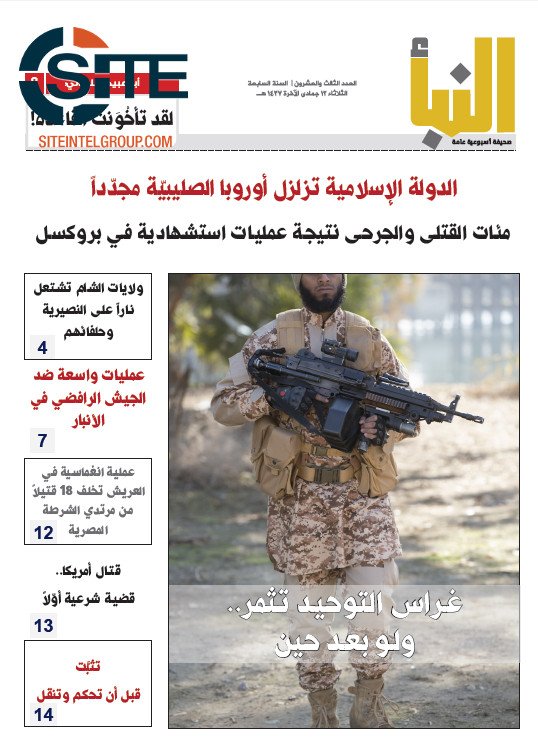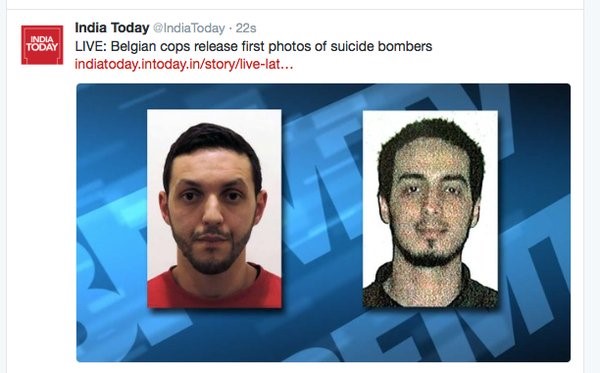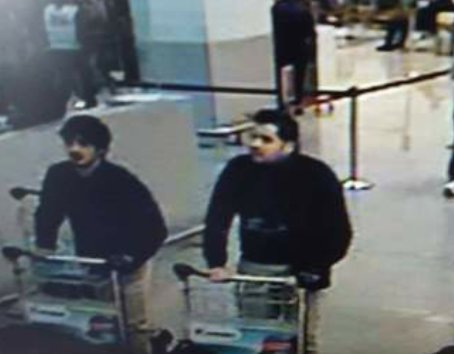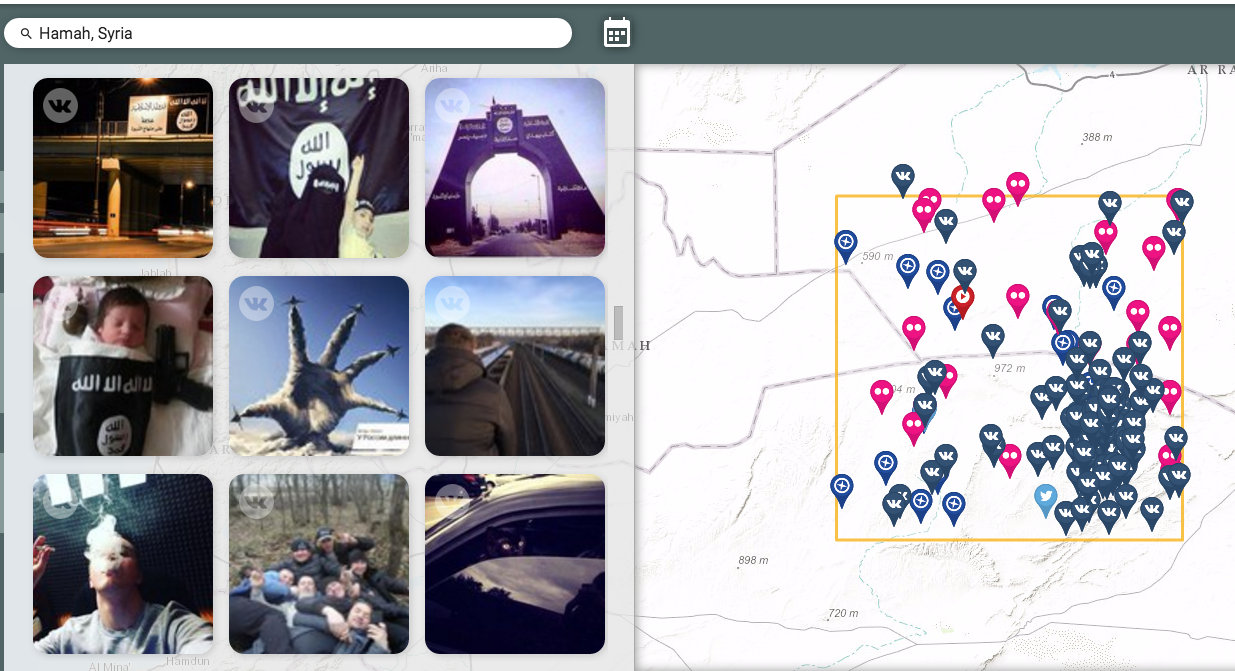Just a reminder:
Freed Guantánamo convict returns to the fight
Ibrahim al Qosi pleaded guilty to war crimes in exchange for certain release
U.S. Air Force delivered him to Khartoum in 2012; he’s in Yemen now
GUANTANAMO BAY NAVY BASE, Cuba
MiamiHerald: A former Guantánamo detainee who was released to Sudan after a war court guilty plea has emerged in a key position in Al-Qaida of the Arabian Peninsula, according to an expert on jihadist movements.
“He’s clearly a religious leader in the group,” said Aaron Zelin, senior fellow at the Washington Institute for Near East Policy who edits the Jihadology blog. He found Guantánamo 2002-12 detainee Ibrahim al Qosi — his photo and his biography — on the latest video release from the offshoot of Osama bin Laden’s organization, “Guardians of Shariah.”
Obama administration officials did not confirm or deny the apparent case of recidivism, which was first reported on the Long War Journal website Wednesday.
The video included Qosi’s biography and said he joined the jihad in Yemen in December 2014. It also said he was close to bin Laden “until he was imprisoned in Guantánamo in 2001.” Qosi, now 55, arrived at the detention center on Jan. 13, 2002, according to documents obtained by McClatchy Newspapers from the anti-secrecy group WikiLeaks. He pleaded guilty to foot soldier war crimes in 2010 in exchange for release in 2012.
Qosi’s former U.S. attorney, Paul Reichler, told the Miami Herald on Wednesday that he had not been in touch with the Sudanese man since Qosi left the U.S. Navy base prison for Sudan in July 2012.
“I was told by a Sudanese lawyer a year ago that al Qosi was working as a taxi driver in Khartoum,” Reichler said by email. “I have received no information about his activities since then, and I do not know what he has been doing, or where he is living.”
At the time of Qosi’s return to Sudan, Reichler said he looked forward to being reunited with his wife and family, including two daughters, “and live among them in peace, quiet and freedom.” His wife at the time was the daughter of a former chief bodyguard to bin Laden.
On the AQAP tape, Qosi opines in Arabic on the evolving globalization of jihad. His comments were translated for the Herald by a journalist who is fluent in Arabic.
“As the U.S. has waged war on us remotely as a solution to minimize its casualties, we have fought it remotely, as well by individual jihad,” he is heard saying. “And as the U.S. has killed our men, we have killed its people. But it is not the same. Our dead are in heaven and theirs are in the hellfire, and the war is not over yet.”
Qosi, an accountant, kept the books for a bin Laden business in Khartoum in the early ’90s, according to Pentagon documents made public by WikiLeaks. He then followed bin Laden to Afghanistan in 1996. Because the timeline for war crimes only covers the era in Afghanistan, Qosi pleaded guilty to foot-soldier crimes — sometimes driving for bin Laden, working at al-Qaida’s Star of Jihad compound in Jalalabad, and fleeing the post-Sept. 11 U.S. invasion to Tora Bora, armed with an AK-47 rifle.
The AQAP video biography mirrors much of that noting, “he participated in the famous battle of Tora Bora” with bin Laden “until the withdrawal.”
Qosi was also one of the first at Guantánamo to formally allege torture — the use of strobe lights, sleep deprivation, sexual humiliation, being wrapped in the Israeli flag — in an unlawful detention petition his Air Force attorney filed in federal court in 2004. It was never heard. Instead, he withdrew the habeas corpus suit as part of his 2010 plea agreement.
The disclosure comes at a complicated time: As Secretary of Defense Ash Carter is considering the release to repatriation or resettlement of as many as 17 detainees who have been cleared for transfer. Qosi got out on the war court guilty plea that saw him spend his last two years at the prison Convict’s Corridor separated from the majority of the detainee population.
Pentagon statement
“We take any incidence of re-engagement very seriously, but we don’t comment on specific cases. More than 90 percent of the detainees transferred under this Administration are neither confirmed nor suspected by the Intelligence Community of re-engagement. We work in close coordination through military, intelligence, law enforcement, and diplomatic channels to mitigate re-engagement and to take follow-on action when necessary.” — Navy Cmdr. Gary Ross
Additional reading
Click this, to read about the captive’s 2012 release from Guantánamo.






 From airport security camera.
From airport security camera.






